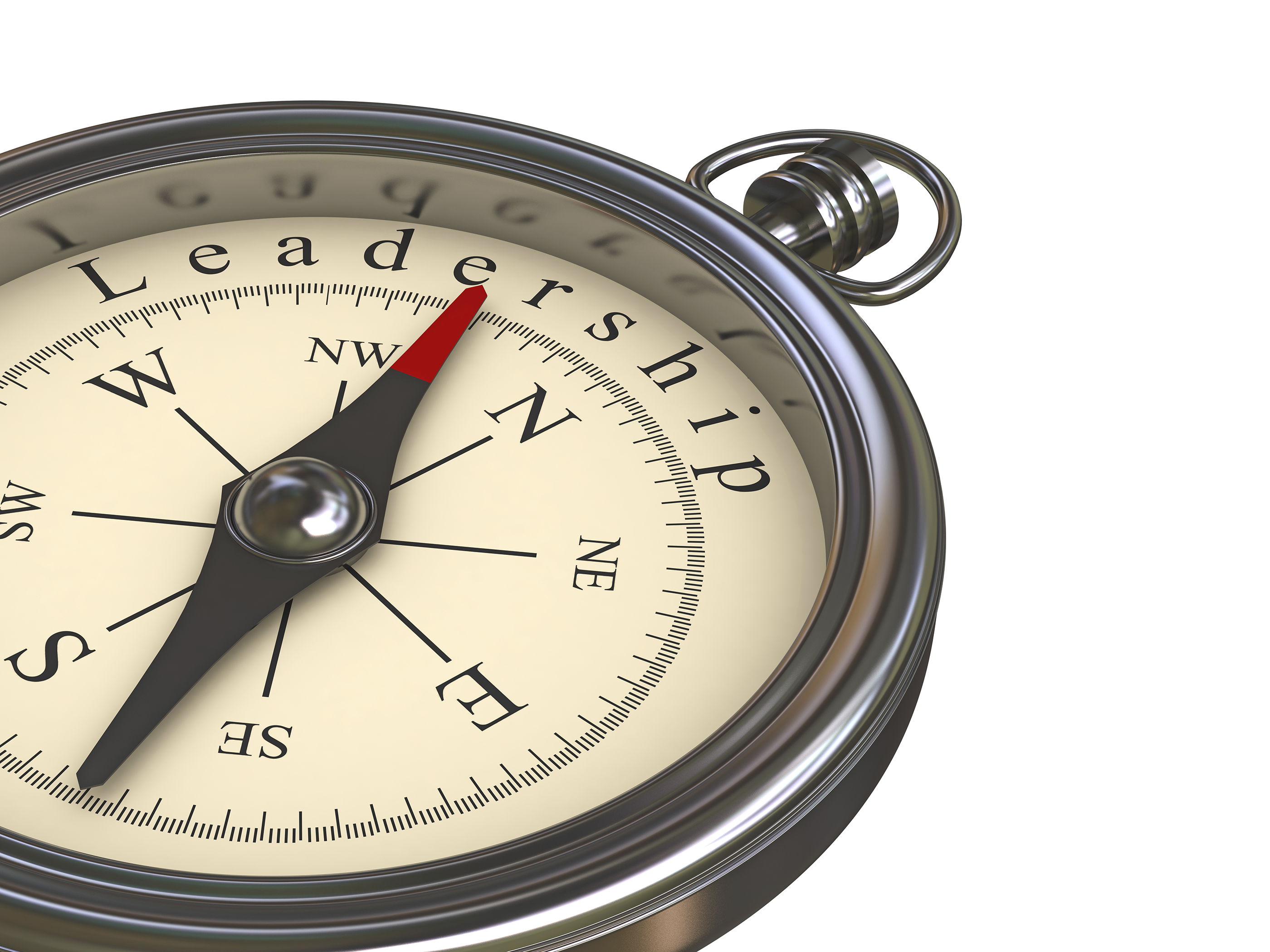The Secret to Being a Great CEO

The old saying is “it’s lonely at the top.” Construction leaders often experience isolation and even anxiety from the burden weighing heavily on their shoulders. “Am I doing the right things?” “Is this the correct decision?” “What happens to my people and family if I screw up?”
Please tune in this week as Wayne explores an underutilized avenue for dramatically increasing a CEO’s effectiveness, offers a time-tested methodology for identifying your highest and best use (HABU), and starts you on a pathway to find the yin to your yang. For those of you who’ve been down this path, what has your experience been? Please share with our growing vlog audience in the comments section.
The Dallas class of The Contractor Business Boot Camp is already more than half full. If you haven’t yet enrolled your high-potential NextGen leaders to this career development program, do it NOW! In addition to Dallas, we are coming to Denver, Toronto, and Raleigh in 2023. Please contact Charlotte at ckopp@familybusinessinstitute.com for more information.
Hi, this is Wayne Rivers at FBI, where We Build Better Contractors.
This week I want to talk about the secret to being a great CEO. This comes from an article in Inc. Magazine in January of
this year. You know the old saying, it's lonely at the top. CEOs have the weight of the company on their shoulders. It's
always the question in a leader's mind, am I doing what's best? Am I doing the right thing? Is my leadership where it needs
to be right now? Certainly, your peer group can help answer that question, but maybe there's a more fundamental secret
that goes into being a great CEO.
Before I get started, we have Boot Camp coming up in Dallas, Denver, Toronto and Raleigh this year. Four additional boot
camps. So, information below, contact Charlotte and get your information there.
Now, what about this is important to you? Well, golly, all of us want to be the best we can be as leaders of our companies.
What's the secret to being a terrific CEO? I think it's having a great COO. Great general manager, a great whatever you
want to call it, second in charge 2IC. You can call it anything you want. I know here at FBI; our COO John Mayes has been
a blessing. I mean, there's so many things that we can do now that we couldn't have done prior to John being here. So is
your perfect COO a mentor for you, an implementer, a co-leader? What's the definition? There's lots of different kinds of
job descriptions for COOs.
Here's where I think you should start. Okay. First, determine your unique ability. What's unique ability? Well go back and
look at our October 2nd, 2020 vlog. It's a takeoff on Dan Sullivan's concept of unique ability. But unique ability is your
highest and best use, your HABU, highest and best use. How do you get there? You ask other people. Your coworkers,
your friends, your family, people that know you really well, you have them give you some unvarnished, blunt feedback on
what the things are that you do best. Forget about the things that you do okay or average. You want to focus your time
on the things that you do best. The things that energize you, the things you never get tired of doing, the things you do at
a super high level, uniquely in your company, better than anyone else.
Now, here's another way to go about it as you go through this identification process of your unique ability. Grab a
notebook and carry it around with you for two weeks and write down everything you do. Ran to the bank, met with the
bonding company, sat in on a bid review. Write down everything. Just write it down. Just coat the pages in ink. Then go
back with a highlighter and only highlight the things that you love to do, the things that give you energy, the things that
make you eager to get up and go to work in the morning.
Second part of that, go back now again, review the list with a red pen. What are the things that you hate? Oh my gosh,
what do you hate? Cross those off. That's the beginning of your COO job description. The things you love to do, the things
that energize you, and you do uniquely well, you keep. The things that you hate, the things that you do that are just
average, that's where your COO fills in. That's where you begin your job description.
Remember the how to create more time vlog that we did recently? So, you magically have two hours a week, two free
hours a week. How are you go going to invest that the most productively? Then thinking about the other side of that coin,
what are you going to stop doing? With that new two hours a week what are you going to stop doing to free up two hours?
Again, food for thought for what your COO is going to do.
So, another piece of the exercise if you want to go to that length is assign dollar values to those things. Business
development might have a really high dollar value according to your unique ability. So that's something you might keep
versus handing it off to a COO. The COO should be the yin to your yang. It should be a complimentary person. Somebody
who fits like a puzzle piece with your part of the puzzle. Then go recruiting. Internally or externally, it doesn't matter. But
once you know what you love to do and what you do uniquely well, then you'll be in a position to create a job description.
Then once you have it, you'll be able to hold your COO candidates up to that template and see if they fit.
So, one of our members, Ben Hutton from Hutton Construction, talked about his unique ability in a note to a previous vlog
that we did. "My unique ability is to see what's possible and lead others to it." That is a leadership unique ability, and Ben
absolutely possesses that. "It's packed full of meaning and insight for me. Discovering it has reshaped my role and focus
in work and life. I highly recommend spending the time to discover your unique ability." Good advice from Ben Hutton. I
hope you'll take it from us at FBI.
This is Wayne Rivers at FBI, where We Build Better Contractors.


